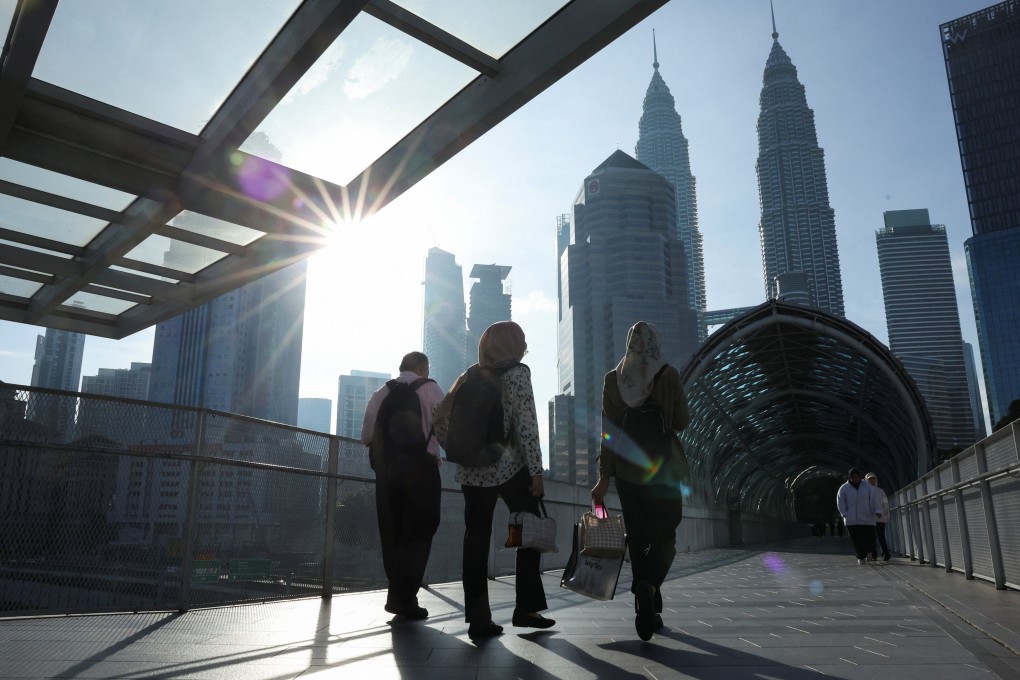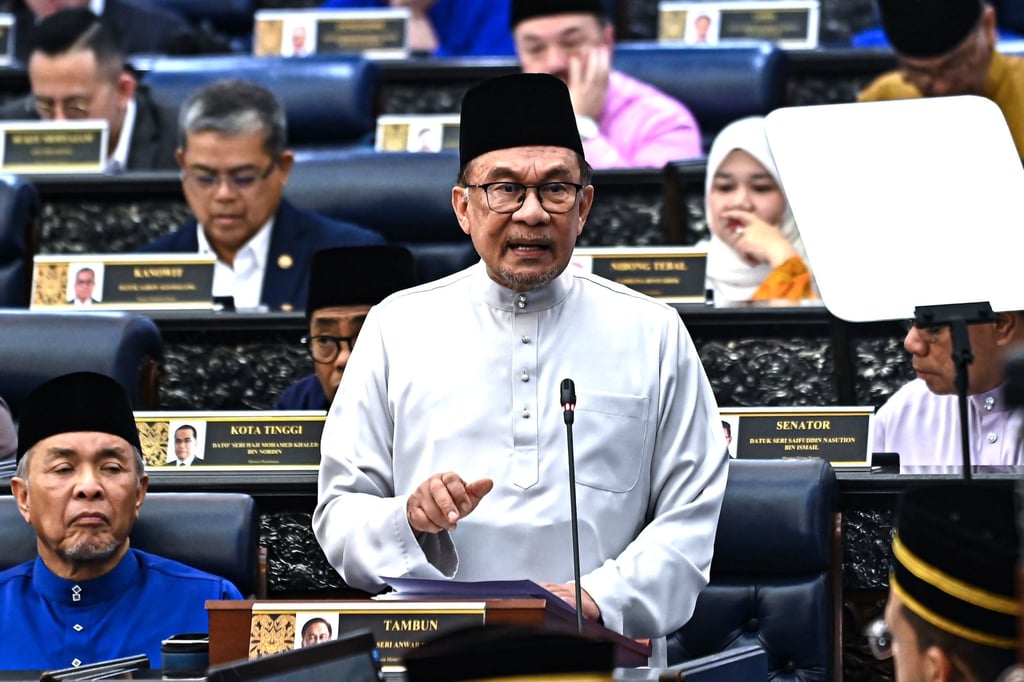Malaysia’s Anwar climbs down on subsidy cuts as many ‘uber wealthy’ just making ends meet
PM says income threshold for subsidy cuts to be revised after criticism that his budget punished those earning less than US$3,000 a month

Prime Minister Anwar on Tuesday said he could seek to cut blanket state subsidies from just the very richest Malaysians, after criticism that his budget for next year punished the top 15 per cent of earners despite many taking home less than US$3,000 a month.
Malaysians have been categorised into income groups since the 2010s to help policymakers target subsidies and assistance programmes.
These translate to the bottom 40 per cent (B40), middle 40 per cent (M40), and top 20 per cent (T20), which the Department of Statistics Malaysia sorted according to household income.
The T15, a subset of T20, became a topic of dispute recently after Anwar, when tabling the 2025 Budget on October 18, said that several subsidies for fuel, education and healthcare would be reduced for the group, which he described as “uber wealthy” and undeserving of assistance.
At the bottom level, those households earn about 13,000 ringgit (US$2,973) a month, yet they are lumped together with those making astronomical sums of money.

After a wave of outcry from the lower earners, the prime minister said his administration would revise the cut-off amount so as not to burden people who could not afford to lose an estimated 120 ringgit a month on subsidies to run a car.